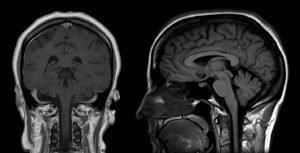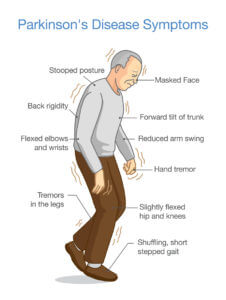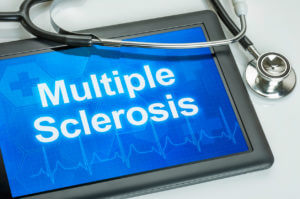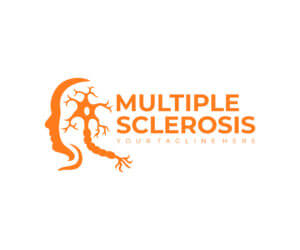Magnetic resonance imaging (MRI) is a type of imaging technology used to create detailed images of the body’s internal structures. It uses strong magnetic fields and radio waves to produce images, which can be used by doctors to diagnose and treat medical conditions. MRI has become an invaluable tool in modern medicine, providing physicians with
Read MoreParkinson’s Disease: Treatments and Types
Parkinson’s disease is a degenerative disorder of the central nervous system that can cause the impairment of speech and motor functions. The cause of Parkinson’s disease is still unknown, but researchers found there to be genetic mutations in patients with the condition. Exposure to environmental toxins has been linked to the development of Parkinson’s disease.
Read MoreHow MRI Imaging Works
Magnetic resonance imaging (MRI) is a medical imaging technique that is used by doctors to visualize the internal structures of the body. MRI uses a powerful magnetic field, radio waves, and computers to create detailed pictures of the inside of the body. MRI is regarded as one of the safest, low-risk medical imaging techniques a
Read MoreBlepharospasm Causes, Symptoms, and Treatment Options
Blepharospasm is a condition that causes the muscles around your eyes to spasm and contract involuntarily due to an abnormal function in part of the brain that controls them. This can cause your eyelids to twitch or close or open abnormally. It can be quite painful and a frustrating experience overall. Blepharospasm can become a
Read MoreSymptoms of Dizziness
Dizziness is a common symptom that can be caused by many different things that are benign or indicative of an underlying neurological disorder. If you are dizzy, you are not only experiencing a troublesome symptom – it has many repercussions. When dizzy, you pose a safety risk not only to yourself but also to others,
Read MoreFive Tips To Help You With Multiple Sclerosis Treatment
About one million American adults have been diagnosed with multiple sclerosis, or MS. This progressively debilitating neurological condition impacts the central nervous system and myelin sheaths, which protect nerve cells. If you have MS, you must pursue the best care possible with your neurologist. Here are five tips to help you with your comprehensive treatment.
Read MoreEarly Signs of MS (Multiple Sclerosis) You Should Be Aware Of
Multiple sclerosis (MS) is a chronic, immune-mediated, neurodegenerative disease that affects approximately 400,000 people in the United States. MS is a notoriously challenging condition in that aside from its progressive nature and complex mechanisms, not everyone who has it exhibits the same symptoms. Knowledge and vigilance are half the battle: they are crucial for seeking
Read MoreBrain Exercises to Try for Improving Memory
Frequent brain exercise could be your key to keeping your memory sharp as you age. Research shows that challenging mental activities stimulate the growth of new brain cells (neurogenesis) and preserve the existing ones, thereby effectively protecting a person’s brain health and thinking power from decline. So, if you are looking for ways to give
Read MoreSymptoms of Absence Seizures in Children
If you have noticed that your child often daydreams or your child’s teacher has commented that your child often stares blankly and is not aware or responsive in class, chances are, your child is suffering from absence seizures. Absence seizures, also known as petit mal seizures, are brief seizures that cause a sudden lapse in
Read MoreHow To Tell Someone Is Having A Seizure
Seeing someone having a seizure can be a terrifying experience, especially if you don’t know what to do. Learning its signs and symptoms and what to do keeps you better armed in case you see somebody, like a loved one, experiencing a seizure. Epilepsy is a neurological condition that causes seizures, and as many as
Read More











